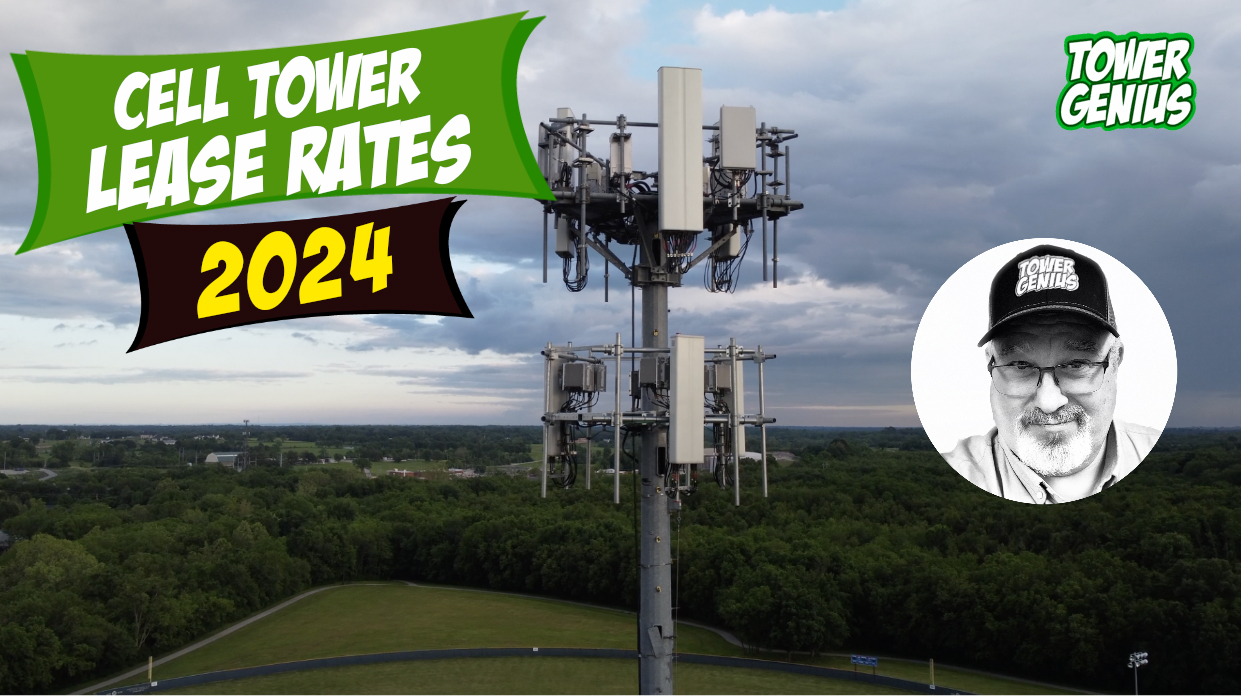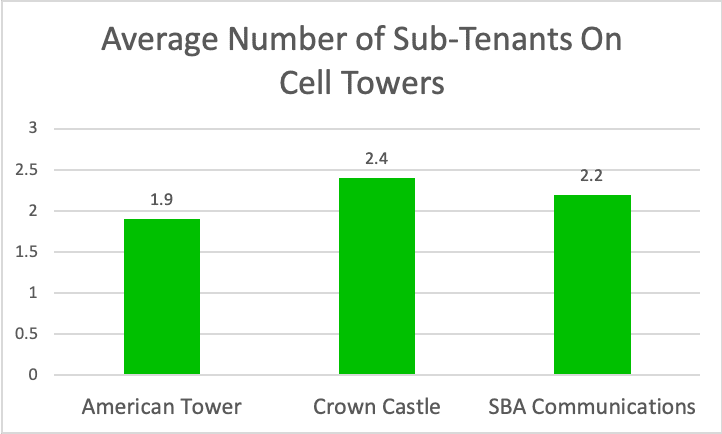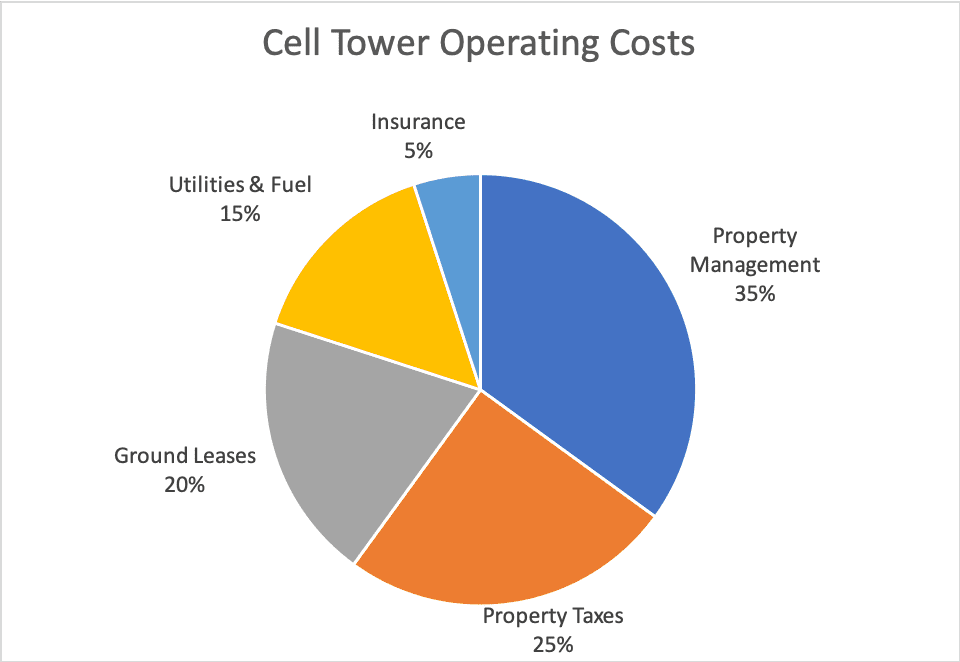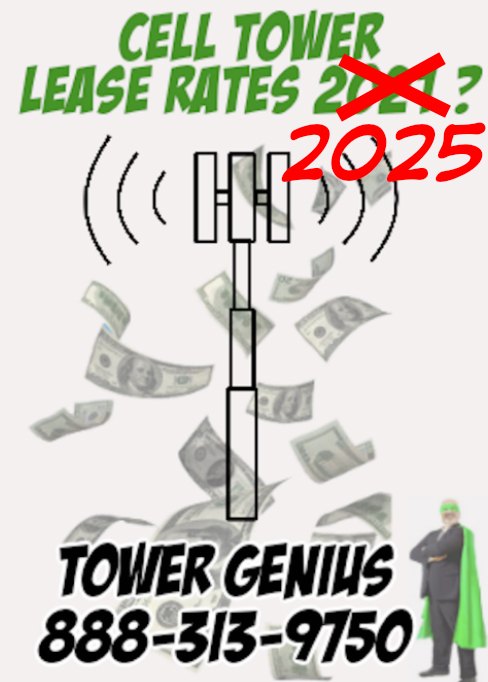Land Lease Rates For Cell Towers
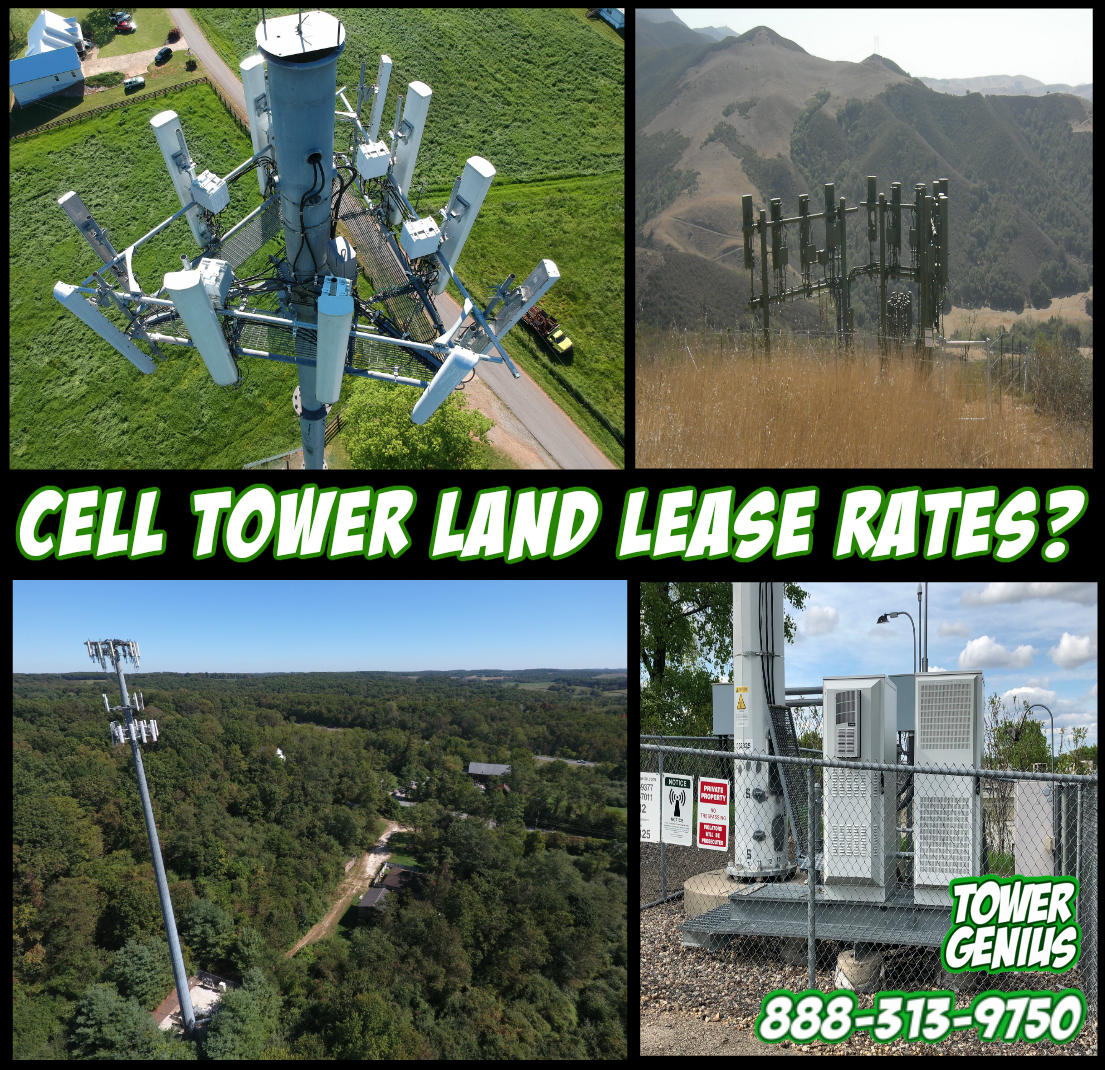
Imagine standing on a sprawling farm, the sun warming your face, the gentle hum of crickets filling the air. But something else is present, a tall, slender structure piercing the sky – a cell tower, silently connecting countless lives. For landowners across the country, these towers represent more than just steel and wires; they represent a potentially lucrative, if often misunderstood, source of income: land lease rates.
This article delves into the world of cell tower land leases, exploring how these rates are determined, what factors influence them, and why understanding this market is crucial for both landowners and telecommunication companies alike. We'll uncover the complexities of the negotiation process, highlight potential pitfalls, and offer insights into maximizing the value of these agreements in a rapidly evolving technological landscape.
The Foundation of Connection: Cell Towers and Land Leases
Cell towers are the backbone of our modern communication network, enabling everything from phone calls and text messages to streaming videos and online gaming. Without these ubiquitous structures, our increasingly connected world would grind to a halt.
To build and maintain these towers, telecommunication companies lease land from property owners, establishing a symbiotic relationship that can benefit both parties.
The concept is simple: a landowner provides space for a tower, and in return, receives regular rental payments. However, the actual process of determining those payments is far from straightforward.
Decoding the Rate: A Complex Calculation
The question that looms large for any landowner approached about a cell tower lease is, "How much is my land worth?" The answer, unfortunately, is not a simple one.
Cell tower lease rates are influenced by a myriad of factors, including location, tower height, zoning regulations, and the number of carriers using the tower. Some companies utilize a percentage of the revenue generated from the cell tower.
According to industry experts, the most crucial determinant is location. A tower in a densely populated area with high mobile data demand will command a higher lease rate than one in a rural, sparsely populated region.
The closer your land is to major roadways or population centers, the more valuable it becomes to cell companies. Zoning regulations can also play a critical role, impacting the ease with which a tower can be built and operated. The more difficult it is to get a tower approved, the more valuable existing sites become.
Beyond Location: Other Influential Factors
Beyond location and zoning, other elements can affect lease rates. Tower height, for instance, is a significant consideration.
Taller towers can provide broader coverage, making them more attractive to carriers. The number of carriers using a tower also impacts rates; a tower shared by multiple carriers generates more revenue for the tower company, which can translate to higher lease payments for the landowner.
The term of the lease and any escalation clauses (which determine how rates increase over time) are also critical components to negotiate carefully.
The Negotiation Table: A Landowner's Perspective
Navigating the negotiation process with telecommunication companies can be daunting for landowners unfamiliar with the industry. Having a strong understanding of your land's value and the market conditions is essential.
It's generally advisable to seek professional guidance from an attorney or consultant specializing in cell tower leases before signing any agreements.
These professionals can help you understand the fine print, negotiate favorable terms, and protect your interests throughout the duration of the lease.
Potential Pitfalls: Avoiding Common Mistakes
One of the most common mistakes landowners make is failing to understand the long-term implications of a cell tower lease. These leases often last for several decades, with renewal options that can extend the agreement even further.
It's crucial to carefully consider how the presence of a cell tower might affect your property's future use or resale value. Another pitfall is accepting the initial offer without attempting to negotiate.
Telecommunication companies often start with a lower offer, expecting landowners to negotiate. Don't be afraid to push for better terms or seek competing offers from other companies.
Maximizing Value: Tips for Landowners
To maximize the value of your cell tower lease, consider these strategies: Conduct thorough research to understand the market rates in your area.
Obtain independent appraisals to determine the fair market value of your land, and engage an experienced attorney or consultant to guide you through the negotiation process. Also, don’t be afraid to negotiate.
Consider offering additional space on your property for future expansion or additional carriers, which can increase your lease payments. Ensure that the lease agreement includes provisions for rent escalations, property maintenance, and liability insurance.
The Future of Connectivity: Adapting to Change
The telecommunications industry is constantly evolving, with new technologies and network demands emerging all the time. 5G technology, for instance, requires a denser network of cell towers to provide faster speeds and lower latency.
This increased demand could potentially lead to higher lease rates for landowners in strategic locations. As technology advances, lease agreements can be adapted.
Landowners should stay informed about these trends and be prepared to renegotiate their leases as needed to reflect the changing market conditions.
A Look Ahead: Opportunities and Challenges
The future of cell tower land leases presents both opportunities and challenges for landowners. On the one hand, the demand for wireless connectivity is only expected to grow, creating a potentially lucrative income stream for property owners who can provide suitable locations for cell towers.
On the other hand, the industry is becoming increasingly competitive, with tower companies constantly seeking ways to optimize their networks and reduce costs. Landowners who are well-informed, proactive, and willing to negotiate can position themselves to benefit from this dynamic market.
Cell tower land leases represent a unique opportunity for landowners to participate in the growth of the digital economy. By understanding the factors that influence lease rates, avoiding common pitfalls, and seeking professional guidance, landowners can unlock the full potential of their property and secure a valuable source of income for years to come. Understanding the long-term implications is also very important.



